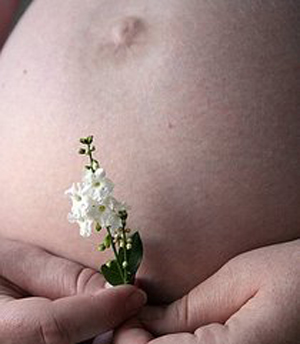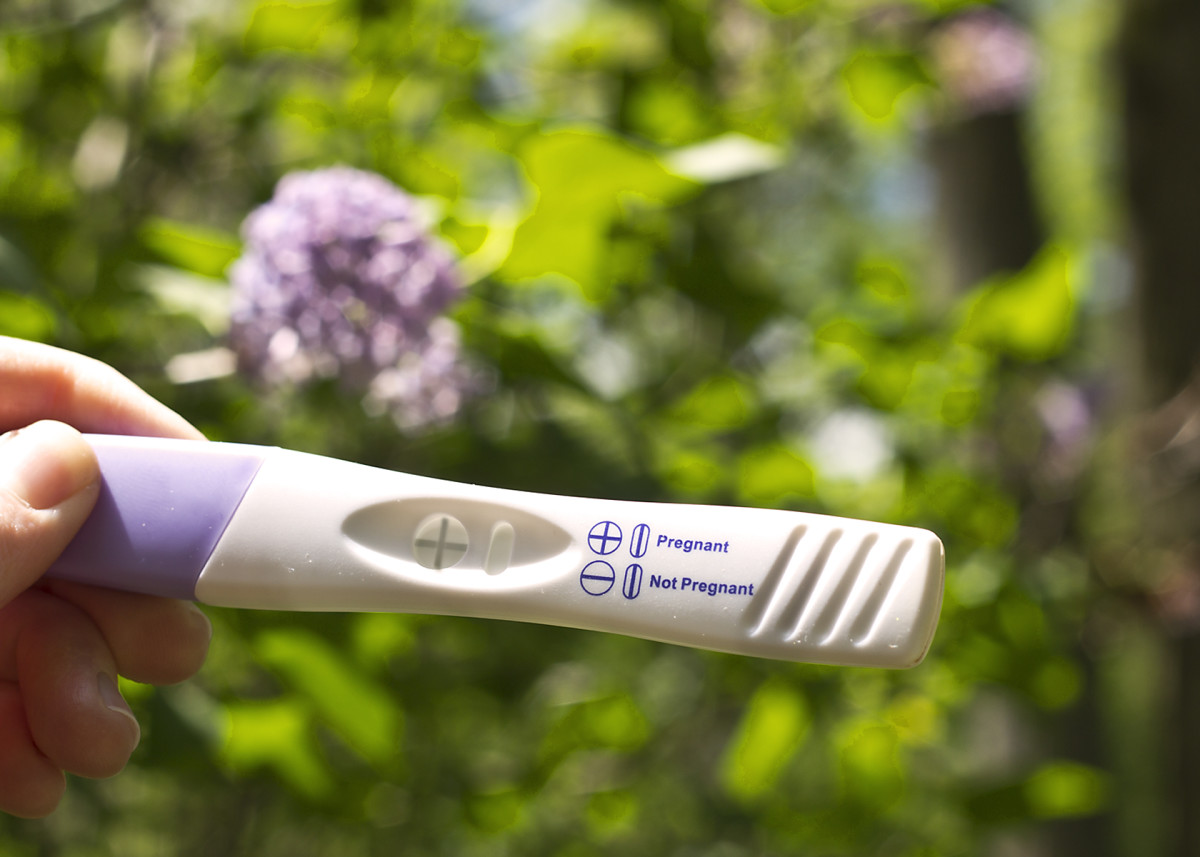Herbs to Relieve Stress and Anxiety During Pregnancy
Stress During Pregnancy
When pregnant, you want to keep your stress level down as much as possible, as stress and anxiety can cause complications in your pregnancy, especially early on in the pregnancy. It's recommended that you try to conceive during less stressful times of the year. Plan your pregnancy around your stressful times, if at all possible.
If that is not possible, then just try to reduce your stress as much as possible when you are pregnant. The easiest things to do to relieve stress and anxiety is to reduce the number of activities that you partake in, rest a little more, and take time for yourself.
If you are still suffering stress and anxiety, you should contact your doctor to see what he/she suggests.
Remember that there are herbs that you can take to naturally reduce stress, but you always want to check with your physician first.

Herbs to Reduce Stress
There are many things that you can take for stress and anxiety, but when pregnant you want to watch you take. Not all herbs are going to be the best, but the following have been proven safe for reducing anxiety and stress.
Be careful of the dose that you take while pregnant. Instead of a full dose, you may want to take a partial dose, such as just one B-complex vitamin a day instead of two.
- B vitamins- help improve immune system functions, offer clam energy, and ease depression and anxiety
- Chamomile- is a great sedative and works well for anxiety, as well as migraines and pain
- Kava Kava- is a sedative and anxiety reducer; it works similar to Valium but without the side effects
- St. John's Wort- is an anti-depressant that helps to improve mood and sleep patterns
- Siberian Ginseng- can help the body cope with tough situations during stressful times; it can actually prevent stress induced health problems
Herbs to Avoid While Pregnant
When pregnant, you just can't take the same herbs and spices that you can take when you're not pregnant, so it's a good idea that you check to see what you should not take while pregnant. And, if you have any questions, feel free to ask your physician for a list of what herbs are safe to use while pregnant.
- Aloe vera- can promote uterine contraction, which can lead to miscarriage or preterm delivery
- Arbor vitae- is a uterine stimulant that is harmful for a fetus
- Angelica (Dong Quai)- is a menstrual and uterine stimulant
- Autumn crocus- can cause birth defects
- Basil oil
- Barberry- increases risk of uterine contractions and sudden termination of pregnancy
- Black or blue cohosh- both are uterine stimulants; they are sometimes recommended during the last week of a pregnancy, but should be taken under strict supervision
- Cayenne- is a uterine stimulant and should not be taken in large amounts, such as in a tea or a supplement
- Ephedra- can have a variety of affects on the body
- Flaxseed- is a uterine stimulant, which can cause miscarriage
- Golden seal- is a uterine stimulant that is harmful for a fetus
- Licorice- can increase blood pressure and can promote menstruation
- Nettles- can cause preterm delivery and miscarriage
- Red raspberry leaves- can cause an increase risk of miscarriage if taken before the second trimester
- Sage- is a uterine stimulant and should not be taken in large amounts, such as in a tea or a supplement
- Thyme- is a uterine stimulant and should not be taken in large amounts, such as in a tea or a supplement
- Wormwood- can cause birth defects
Tips for Pregnancy and Childbirth
- Importance of Prenatal Vitamins
- Kegel Exercises for Women Before and After Childbirth
- Keep a Belly Button Piercing During Pregnancy
- Naturally Reduce Stress While Pregnant
- Weight Training Tips for Pregnant Women
- Healthy Diet for Women with Gestational Diabetes
- Continue a Vegetarian Diet While Pregnant
- Maintain a Vegetarian Diet While Nursing an Infant
- Healthy Diet to Relieve Postpartum Depression
- Supplements to Relieve PostPartum Depression
Disclaimer: Please be aware that the advice in this article should in no way replace that of a licensed physician. If you have any questions, please consult your doctor for any concerns or questions that you may have.








